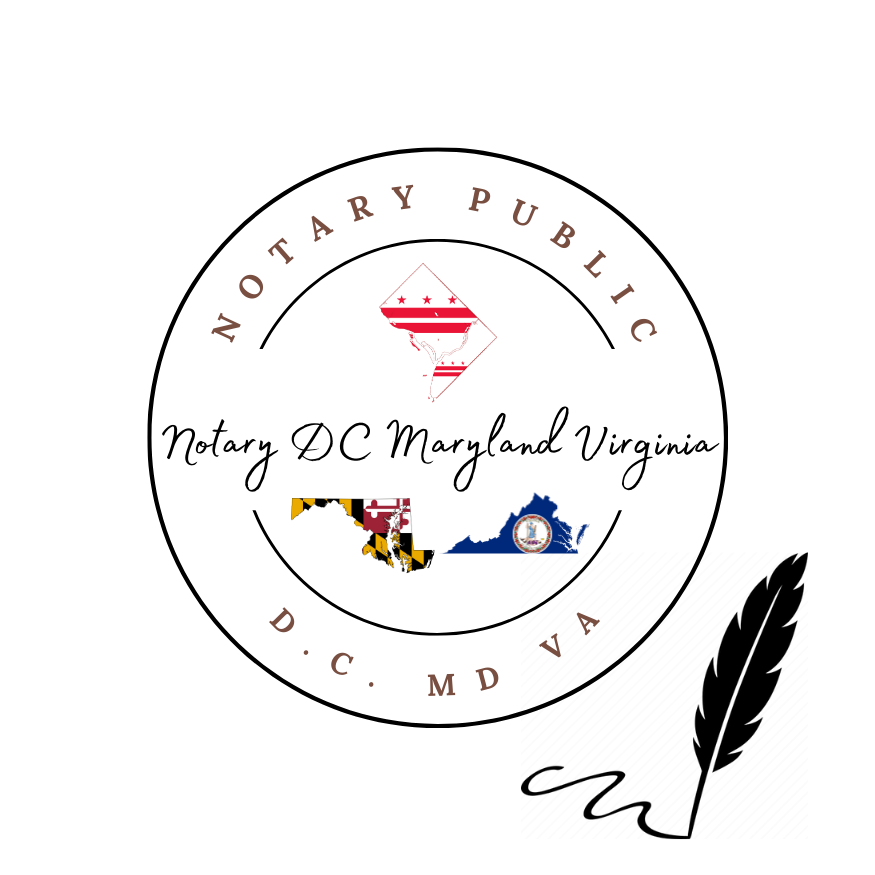Non-Hague Apostille Country List
When sending documents abroad, the process depends on whether the destination country is part of the Hague Apostille Convention or not. For Non-Hague Apostille countries, the simple apostille is not sufficient. Instead, documents must go through embassy or consulate authentication, also known as legalization.
This process ensures that your U.S. documents—whether notarized locally, issued at the state level, or provided by federal agencies—are legally recognized overseas. The agencies involved will vary depending on the type of document.
Embassy / Consulate Legalization Steps
For Notarized, Local, and State-Issued Documents
Secretary of State Authentication – The first step for notarized or state-issued papers.
U.S. Department of State Authentication – Required after state-level verification.
Embassy / Consulate Legalization – Final authentication by the destination country’s embassy or consulate.
Note: If your document originates from certain U.S. states, additional verification may be required before submission to the Secretary of State.
For Federally Issued Documents
U.S. Department of State Authentication
Embassy / Consulate Legalization
Non-Hague Apostille Country List
The following countries are not members of the Hague Apostille Convention and therefore require embassy or consulate legalization:
Afghanistan
Algeria
Angola
Benin
Burkina Faso
Burma (Myanmar)
Cambodia
Cameroon
Congo Democratic Republic
Congo Republic
Cuba
Egypt
Eritrea
Ethiopia
Ghana
Guinea
Haiti
Iran
Iraq
Ivory Coast
Jamaica
Jordan
Kenya
Kuwait
Laos
Lebanon
Libya
Macedonia
Madagascar
Malaysia
Mali
Mauritania
Mozambique
Nepal
Niger
Nigeria
Palestine
Qatar
Sierra Leone
Sri Lanka
Sudan
Syria
Taiwan
Tanzania
Thailand
Togo
Turkmenistan
UAE (United Arab Emirates)
Uganda
Vietnam
Yemen
Zambia
Zimbabwe
Important Tip
If your destination is a Hague Apostille country, then only an apostille certificate is required, not full embassy legalization.
Why Work with Us?
The document authentication process can be lengthy, confusing, and time-consuming. Errors or missing steps often result in delays. By working with experienced apostille and legalization professionals, you can save time, reduce stress, and ensure your documents are accepted internationally without issue.
Our team provides fast and reliable apostille services, embassy legalization, and document authentication solutions, so you can focus on your priorities while we handle the paperwork.

